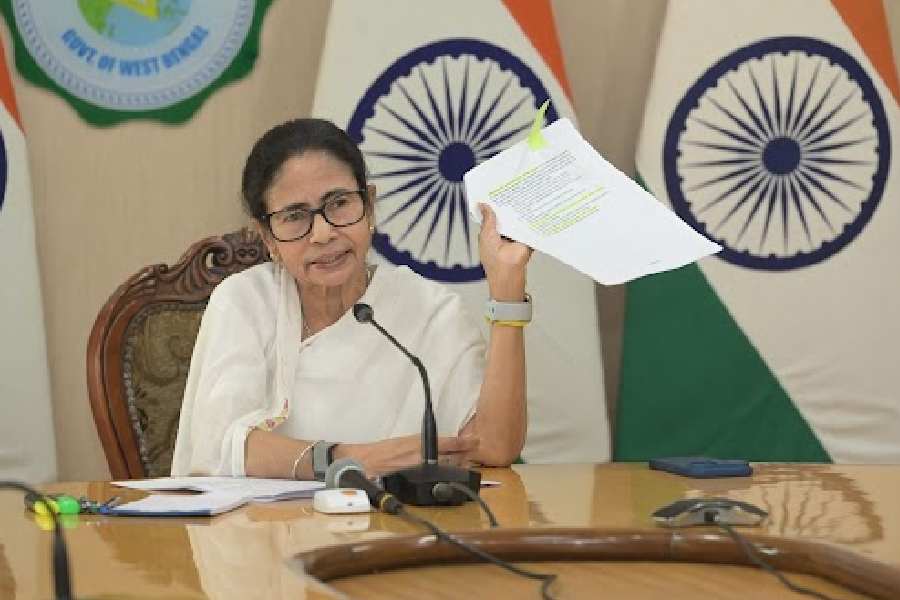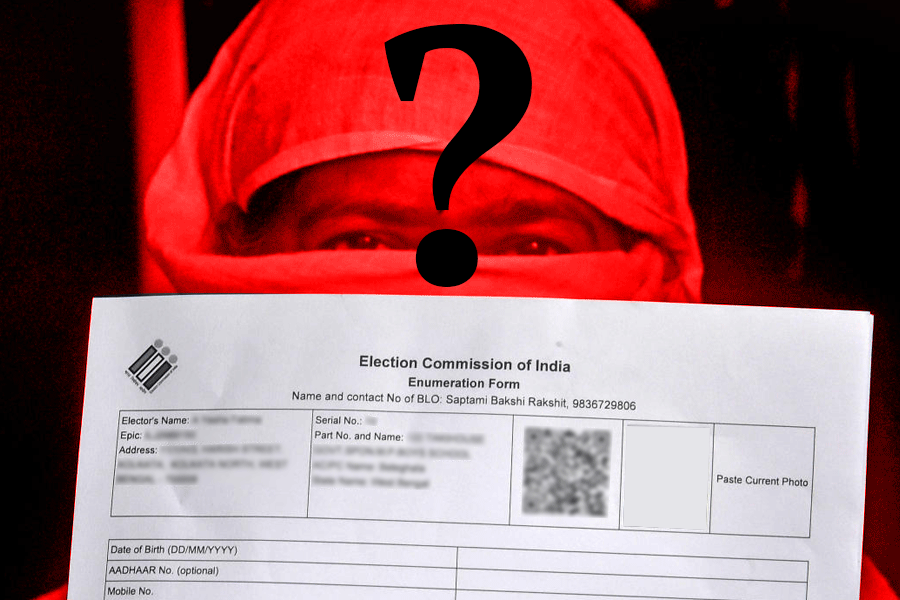 |
| John Rood |
Washington, Aug. 22: A two-day meeting of the Nuclear Suppliers Group (NSG) broke up today without agreement on exempting India from the group’s rules to pave the way for operationalising the Indo-US nuclear deal.
The collapse of the Vienna meeting raises questions about the future of the nuclear deal during the life of the Manmohan Singh government and in the remaining days in office for US President George W. Bush as well as the present US Congress.
Reflecting the gravity of the situation, foreign secretary Shiv Shankar Menon is expected to fly from Vienna to Washington tomorrow itself, according to Indian embassy sources here.
John Rood, US acting under-secretary of state for arms control and international security, left the NSG meeting and cabled the disappointing news to his boss, secretary of state Condoleezza Rice, amidst indications here that India will come under severe pressure from the Bush administration in the next few days to accept some prescriptive clauses from the NSG in order to move the nuclear deal forward.
As reported exclusively by The Telegraph yesterday, a group of NSG dissenters put Rood and his delegation on the mat by asking for nothing more than incorporating some provisions in America’s Hyde Act into the document allowing a waiver for India from the global rules for nuclear commerce.
“It was a demand no bureaucrat could reject. Rood could not stand up against his country’s legislation at the NSG. The Hyde Act is the law of the land in America,” said one European diplomat who attended the meeting and was privy to discussions on its sidelines.
It was a clever strategy firmed up on Wednesday night by a group of seven NSG members who are against the India waiver — not because they are opposed to India, but because of fears that such a waiver will weaken the global non-proliferation regime.
Today, the “Group of Seven” countries stood their ground when the NSG reconvened and the lack of a mandatory consensus ended in a stalemate over the US draft that would have amended NSG rules in India’s favour.
The immediate future of the Indo-US nuclear deal now hinges on the next date for an NSG meeting.
Even before the group convened in Vienna on Thursday, the US had proposed a second meeting on September 2. This prompted severe resentment among NSG members, who felt they were being pushed around by Washington even before they could deliberate at their first meeting.
Sources in Vienna said there has been a tentative agreement as today’s meeting ended that the NSG would reconvene on September 4 and 5.
But these sources said the majority view in the group was that the next meeting should be held in the third or fourth week of September to coincide with the General Conference of the International Atomic Energy Agency (IAEA) or its board of governors.
These IAEA meetings will bring to Vienna all the key players in the nuclear field from all over the world in any case. If the Group of Seven countries is determined to push the date of the next meeting to the second half of September, the US will have no choice but to agree to a date favoured by the majority of NSG members.
But such a delay would derail the Bush administration’s time table of sending the nuclear deal back to the Congress in the week of September 8 so that all the necessary legislation for operationalising the deal can be wrapped up before the Congress adjourns on September 26 for the US elections.










